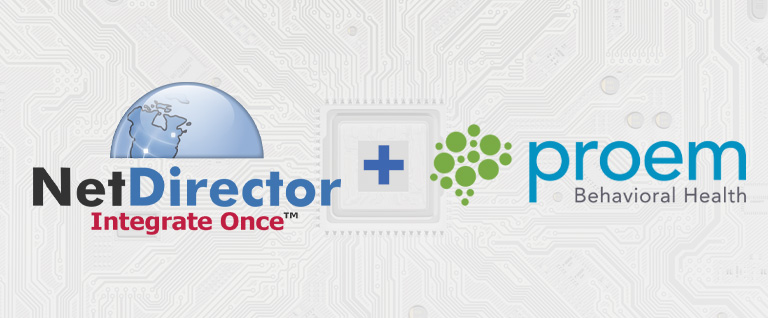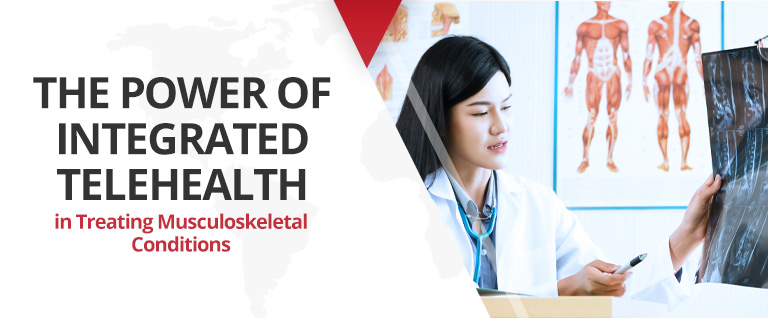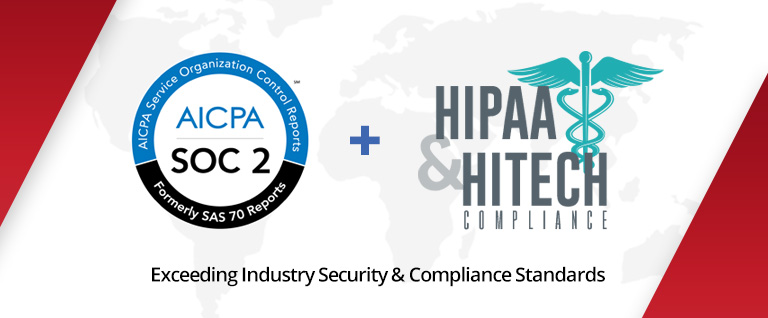Data, data, everywhere. That’s a reality across industries, but likely most impactful in healthcare, which is projected to become the fastest rising sector among data-handling businesses by 2025. “The growth reflects advancements in healthcare analytics and imaging technology, as well as the increasing amount of real-time data created in medical care,” a report from research firm IDC says.
As healthcare organizations immerse themselves in data, CIOs confront new challenges while leading IT initiatives expected to deliver heightened value. They’re tasked with converting technology investments into strategic assets built on “innovation and digital transformation” — and, simultaneously, addressing the informational needs of clinicians and other front-line staff.
Among their major pain points:
- Leveraging data to drive care decisions and help patients stay on-track in managing their own health.
- Coordinating and securing the flow of protected information among intertwined and expanding health systems.
- Using analytics to uncover cost and quality indicators tied to specific medical conditions.
- Managing the technology infrastructure to support a growing array of digital health and administrative connections for patients, who anticipate responsiveness on par with consumer-oriented e-commerce systems.
And just over the horizon, provider organizations will reach key pivot points regarding data stewardship. Sixty percent of recently surveyed healthcare CIOs said health data would be stored in a hybrid/private cloud within three years. Nearly half predict that their use of telehealth will increase over the same timeframe. Also ramping up are mobile-enabled workflows in areas such as medication administration and clinical documentation; they will become core parts of all-encompassing electronic health record systems.
Why Interoperability Matters
On this steep slope toward data-rich environments, hospital CIOs should be applauded for incremental gains in improving interoperability, but they have to pick up the pace, according to Steve Burrill, U.S. healthcare leader for advisory firm Deloitte.
As providers enter into more risk-based contracts with payers, “they need to be able to seamlessly share data to reduce costs and improve outcomes,” writes Burrill. “All stakeholders — the patient, the clinician, the hospital, the drug and device manufacturer and the health plan — should be committed to interoperability.”
CIOs know they must deploy technology that will put to use troves of collected data. They’re actively searching for the biggest issues data can solve, and determining how and when to present it to the right audiences in the proper context to benefit the entire healthcare ecosystem. For example, leading-edge organizations are building patient profiles that can tap predictive models, allowing doctors to more effectively anticipate, diagnose and treat disease. The anticipated payoff would come, in large part, by reducing hospital readmissions. Additional cost savings could accrue through accurate forecasting of facility demands, such as operating room capacity, and optimized staffing.
“The common theme here is that there’s a tremendous amount of digital data available in hospitals and in the broader healthcare community that has never been available before,” observes Mark Wolff, chief health analytics strategist for software developer SAS Institute. “We have algorithms that produce incredible analysis efficiently with a high degree of confidence — and now we’re using that to tackle problems we’ve all been dealing with for quite some time in a deeper, more robust way.”
In like fashion, CIOs are looking to leverage technology that helps them problem-solve, adding more strength to their IT teams without consuming accompanying staffing costs and resources. NetDirector’s HealthData Exchange can help remove obstacles associated with sharing clinical and billing data. The cloud-based platform normalizes data to standard formats to achieve seamless interoperability.
Find out how to remove the bottlenecks of traditional interfacing by contacting us or requesting a free demo.




